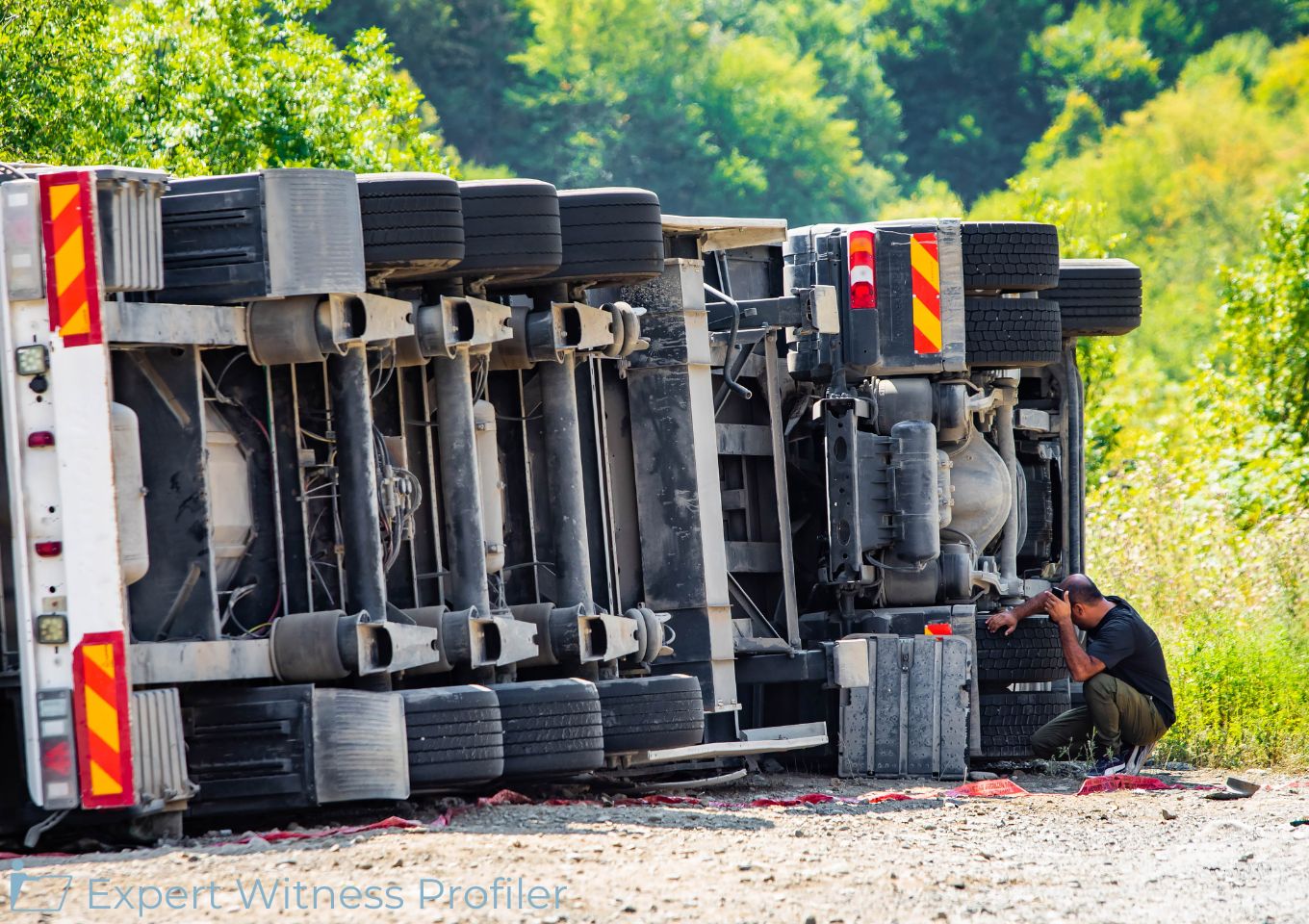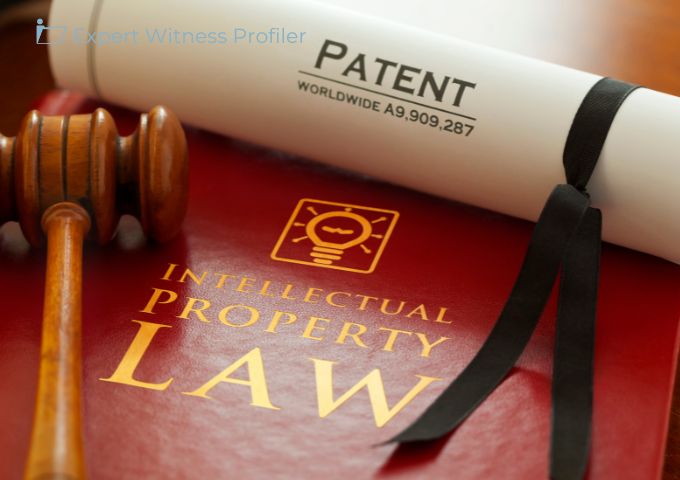
Posted In: Expert Challenges, Toxicology Expert Witness
Posted On: November 6, 2023

Posted On: November 6, 2023

Posted On: September 18, 2023

Posted On: September 13, 2023

Posted On: September 4, 2023

Posted On: August 18, 2023

Posted On: August 17, 2023